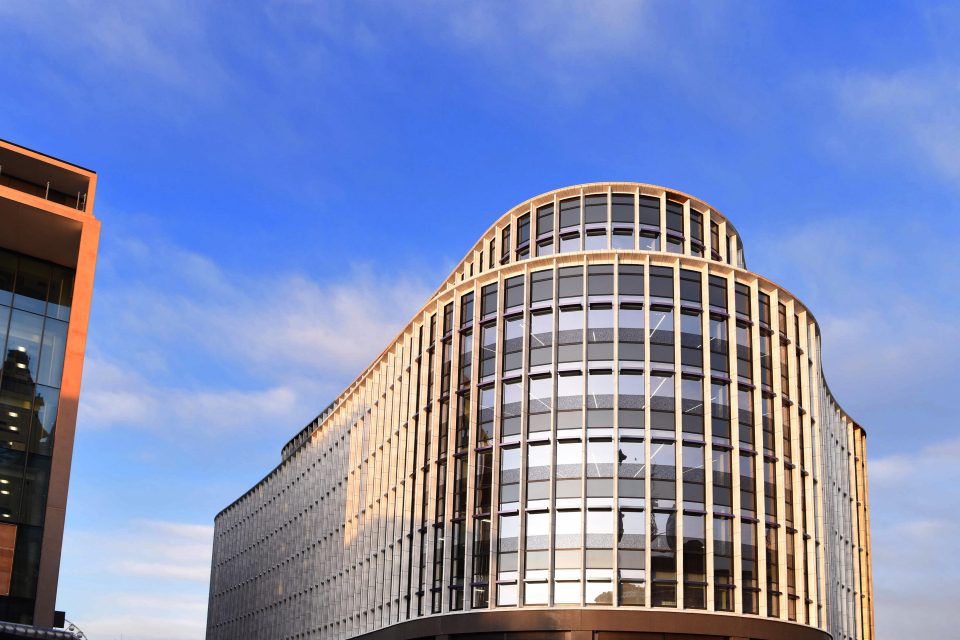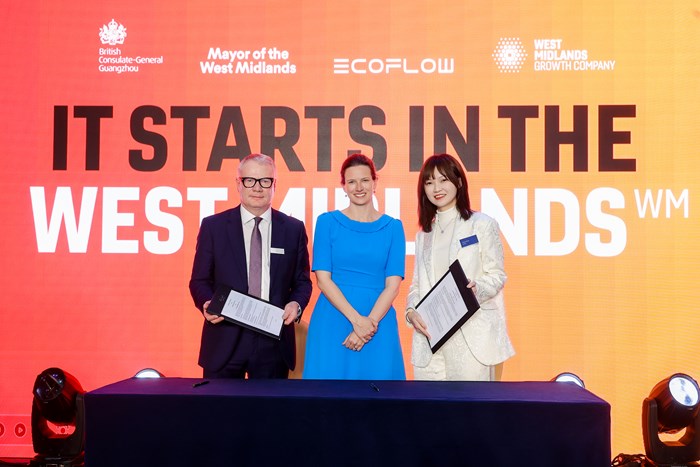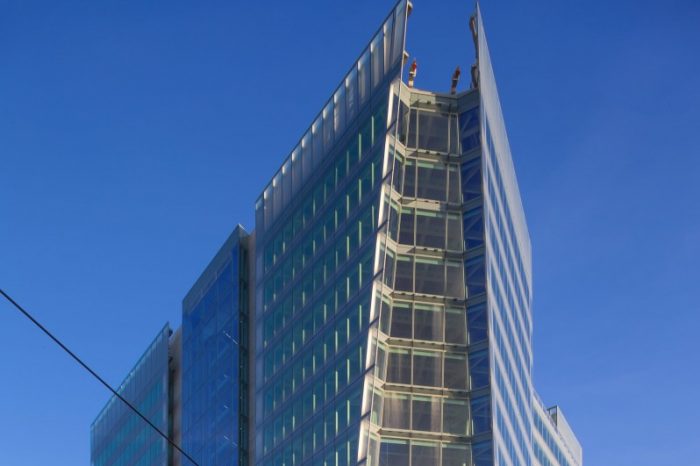PwC plans to add 1,000 new jobs in Birmingham by 2021

PwC, a leading professional services firm, has opened its largest UK regional office as it moves into its landmark new Birmingham home, One Chamberlain Square.
The firm’s 2000-strong team in Birmingham has moved across the city from Cornwall Court, where it has been based for 27 years, to its new home in Birmingham’s Paradise development project.
PwC’s regional growth
PwC now employs more than 10,000 staff outside London and is planning to invest £140 million in FY19/20 in people, quality, training, technology and upskilling.
Kevin Ellis, PwC Chairman and Senior Partner, commented: “This is PwC’s largest property investment outside London to date. We are committed to working with government and the public and private sectors to play our part in building a vibrant and sustainable economy across the UK.
“By 2021 we plan to have added 1,000 new roles in Birmingham, and we’re moving quickly to reach this target with 700 of these new jobs already created. This new office complements our other investments across the UK, including Bristol, Reading, Leeds, Bradford Manchester, Edinburgh, and we’ll be opening a new Belfast office in late 2020 in response to our growth in Northern Ireland. We have been investing and developing our workforce across the UK, by creating inclusive employment and training opportunities for people from all backgrounds.”
One Chamberlain Square has been designed by Architect Eric Parry, and is the first building to be completed in the Paradise regeneration scheme in the heart of Chamberlain and Centenary Squares.
PwC will occupy the whole of the commercial space in the seven storey, 172,000sq ft office building, which also has retail and leisure facilities on the ground floor.
The design of workspaces and ‘hackable’ settings are created to give staff and clients a choice of flexible and tech-enabled settings for now and in the future.
Each of the seven floors incorporate design cues from important aspects of the city’s identity, including the original Birmingham markets, the Jewellery Quarter, textiles, industrial manufacturing, confectionary, and arts and literature.






